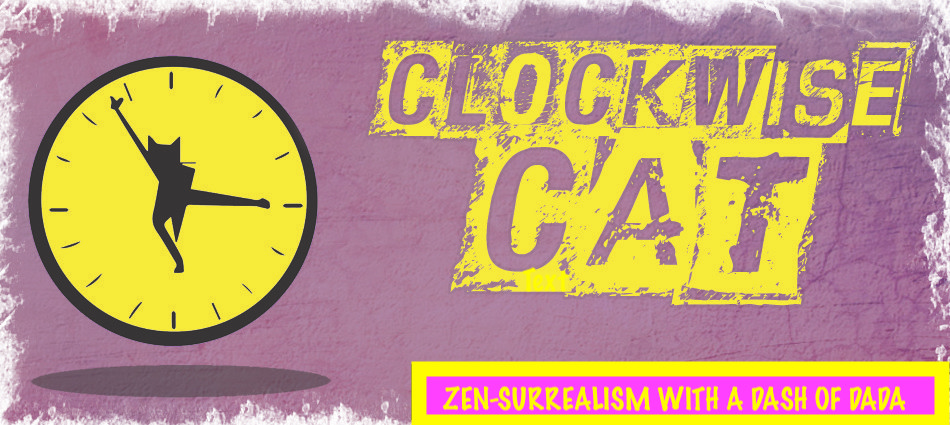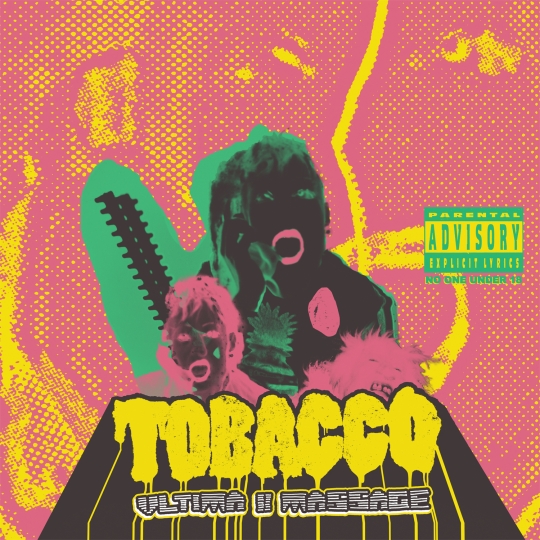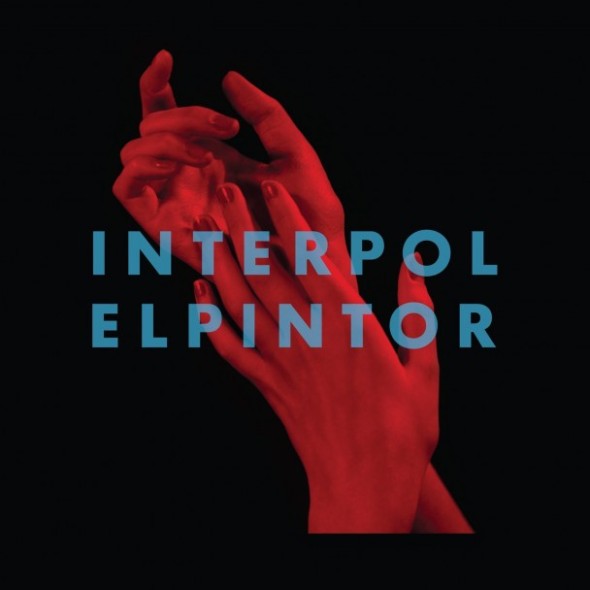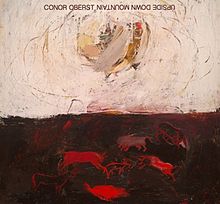
Smoking Tobacco on Painted Mountains (CD mini-reviews) by Alison Ross
Interpol’s new album title, “El Pintor,” is an anagramic play on the band’s name as well as the Spanish translation for “The Painter.” As such, the album paints a gloriously glacial aural portrait of the band’s signature sound, which is spiky, murky, immersive neo-post-punk that has moments of pure blinding shimmer, like sun on the crusted top layer of snow. Too, the album is a metaphorical anagram in the sense that it remixes the fabled sonic persona that catapulted the band into stardom. Meaning, it’s not a replica of the first two universally lauded albums, but nor is it a retread of the last two lackluster, lambasted efforts. Rather, it is a stunning retreat from both approaches – it doesn’t exactly shatter the paradigm and cultivate a fresh one, but it does unexpectedly re-imagine and regenerate the template. The vocals are still flavored with the deep resonance of a post-punk Johnny Cash, but they also tend to fly off into thrilling falsetto forays. There are labyrinthian layers of clashing, colliding, yet complementary sounds – it’s a bit like navigating a maze whose end result is a rich dark hypnotic harmony. That Interpol can still muster the metaphysical demons and angels to inspire an album of such gorgeous musculature subverts the comfortable myth that a band’s best work is usually its earliest. LISTEN: Blue Supreme – https://www.youtube.com/watch?v=2387cAi6Wk8
Let’s go ahead and get it out there right now that there will never be Bright Eyes albums as raw and feverish as the band’s earliest ones. Indeed, the aptly named “Fevers and Mirrors” ranks as THE definitive, emblematic Bright Eyes album, one that can never be replicated because it pinpoints a particular time in band leader Conor Oberst’s life. He has since moved on from that tumultuous period, and secured a more stable existence for himself. Axiomatically speaking, often great art evolves from great pain and uncertainty. This is not to say that Oberst has not crafted some stunning efforts post-“Fevers”/”Lifted,” just that albums such as “Wide Awake,” “Cassadaga,” and “The People’s Key” do not exude that same chaotic charisma or sense of being on the fringes of an “emotional emergency.” Of course, Oberst has always had other outlets for his musical tantrums and tirades – his solo project, the folksy Mystic Valley, the punky Desaparecidos, to name a few. And his latest solo outing, Upside Down Mountain, probably comes closest to paralleling his Bright Eyes material in terms of cultivating an artful atmosphere and an intimate tension. The best Bright Eyes songs are those whose transcendent harmonies verge on dark discord at the same time, and are lyrically angsty. Songs on “Upside Down Mountain” such as “Desert Island Questionairre” and “Time Forgot” capture this dichotomy. Elsewhere, there are laid back gems like “Artifact #1,” and more compelling, upbeat pieces like “Enola Gay.” Refreshingly, Oberst forgoes the folksy vibe so ubiquitous on his self-titled solo album, and steeps his new songs in a 70s California rock sensibility. Still, it’s no Bright Eyes, though that’s probably not a fair comparison, given that Oberst seems intent on proving his musical muscle in disparate formats. There is something to be said for spreading one’s gifts too thin, however, and my selfish wish would be for him to focus on honing his Bright Eyes material and eschew the rest. LISTEN: Time Forgot – https://www.youtube.com/watch?v=DH2uOJKxJj0




